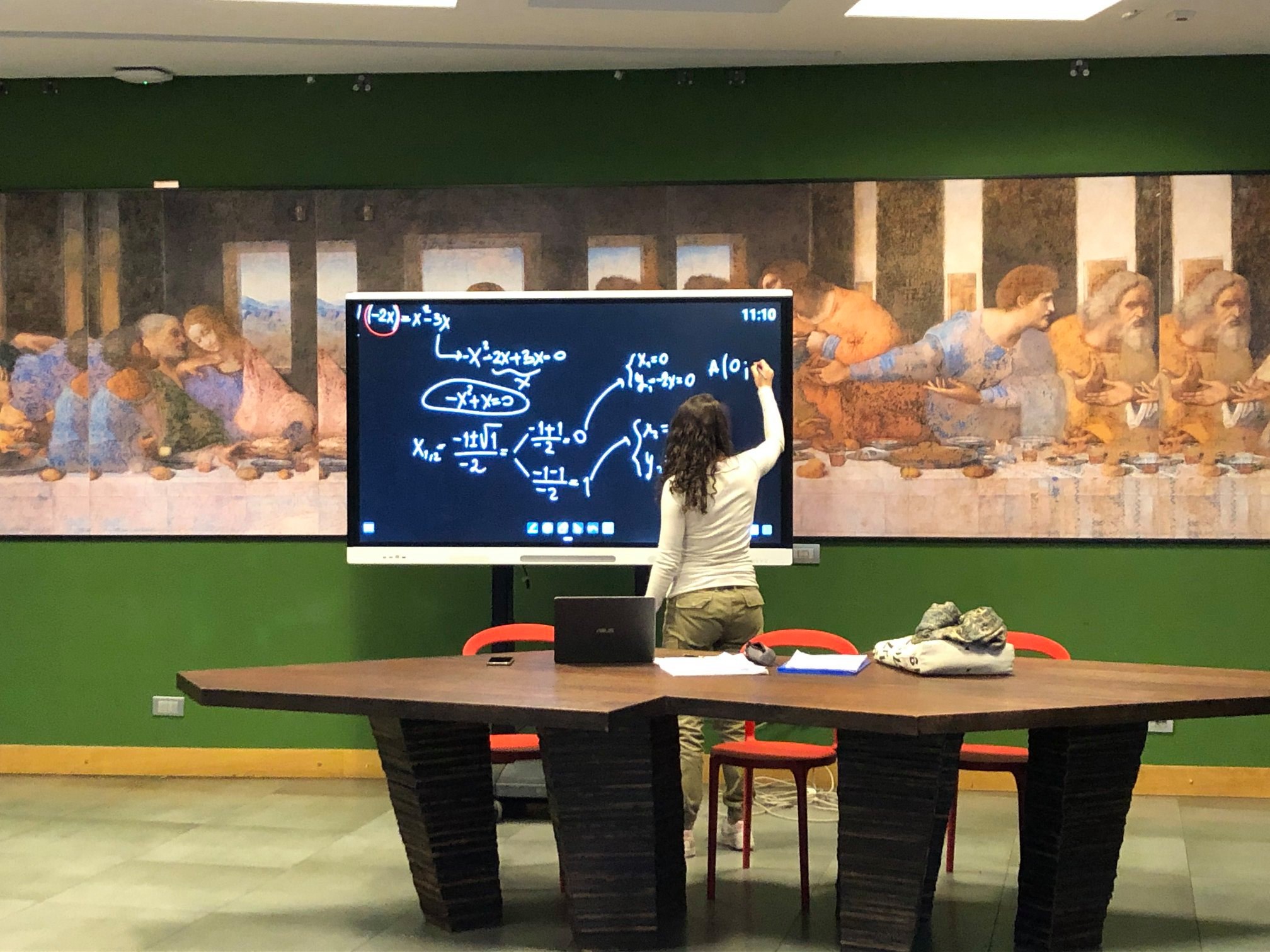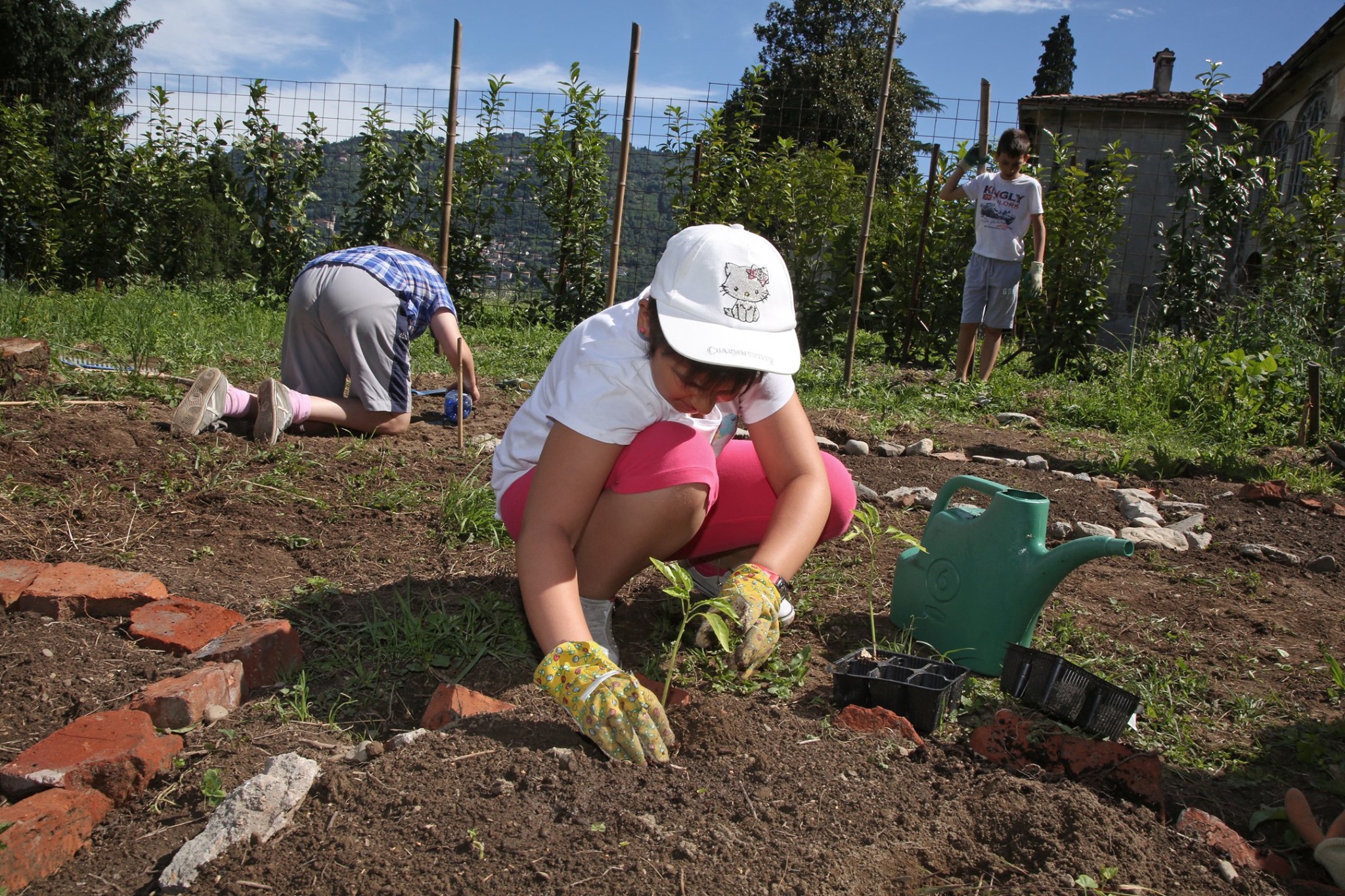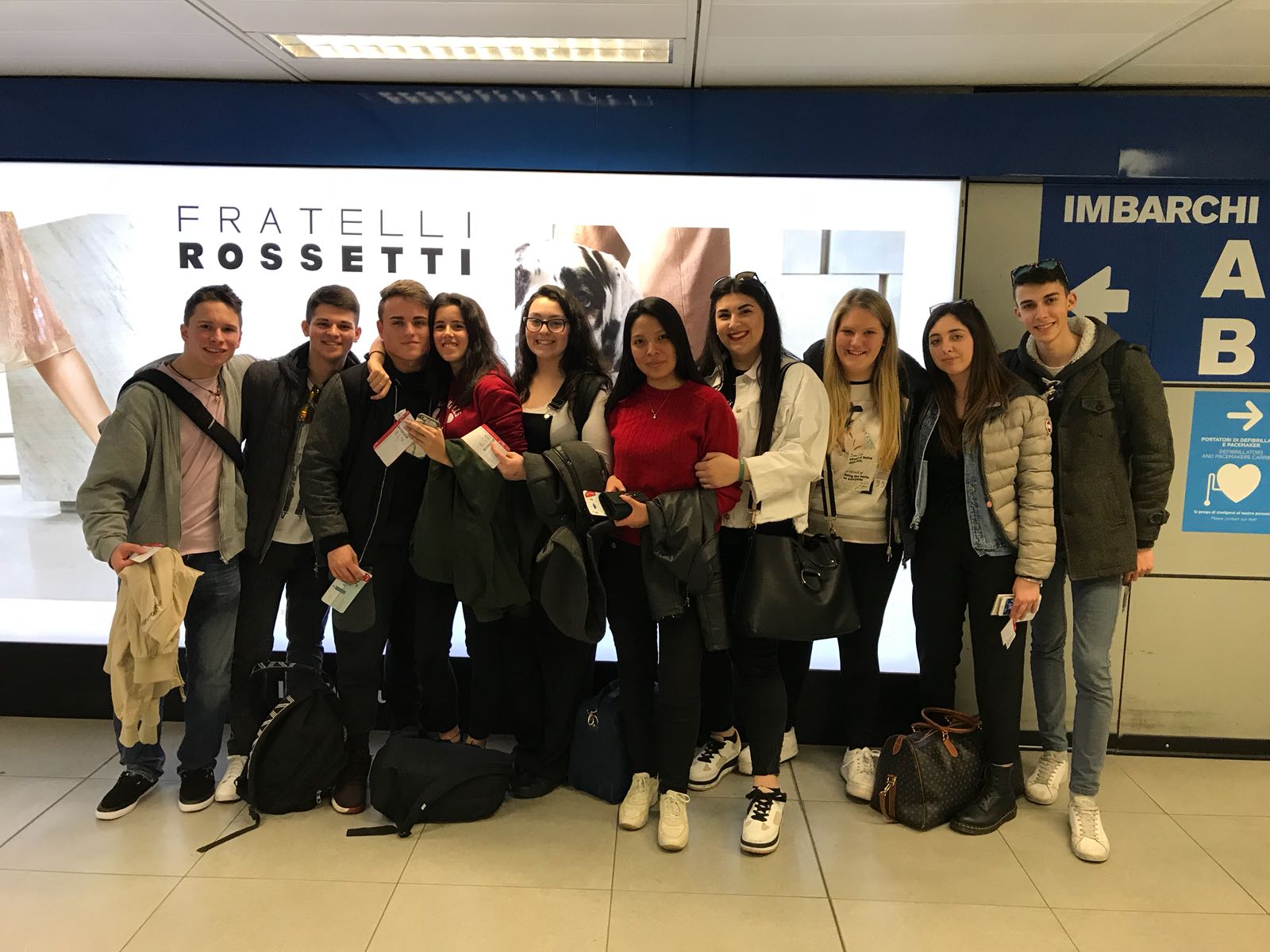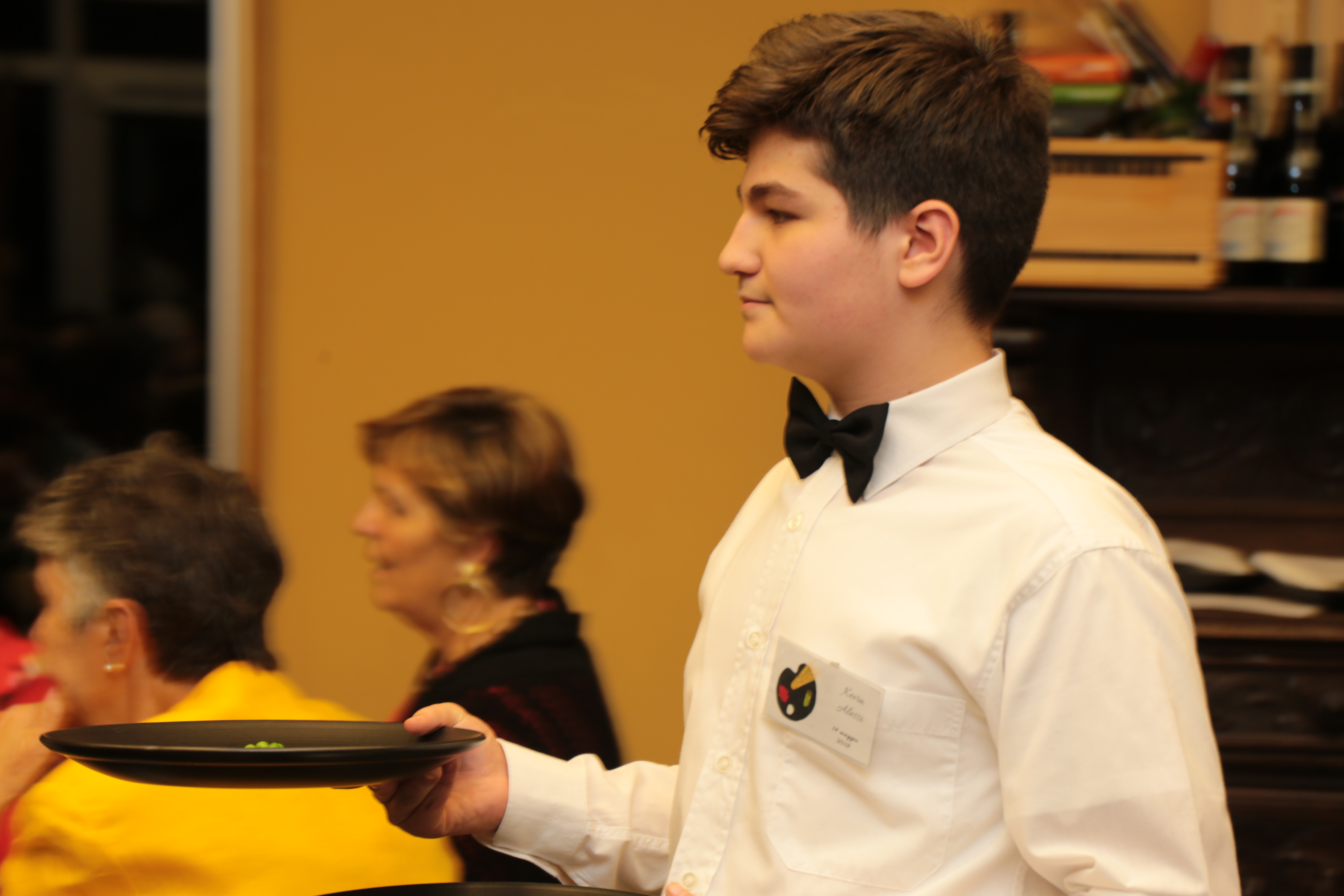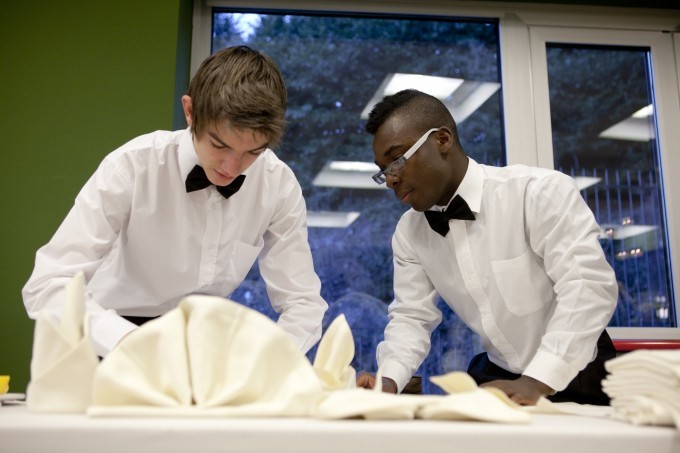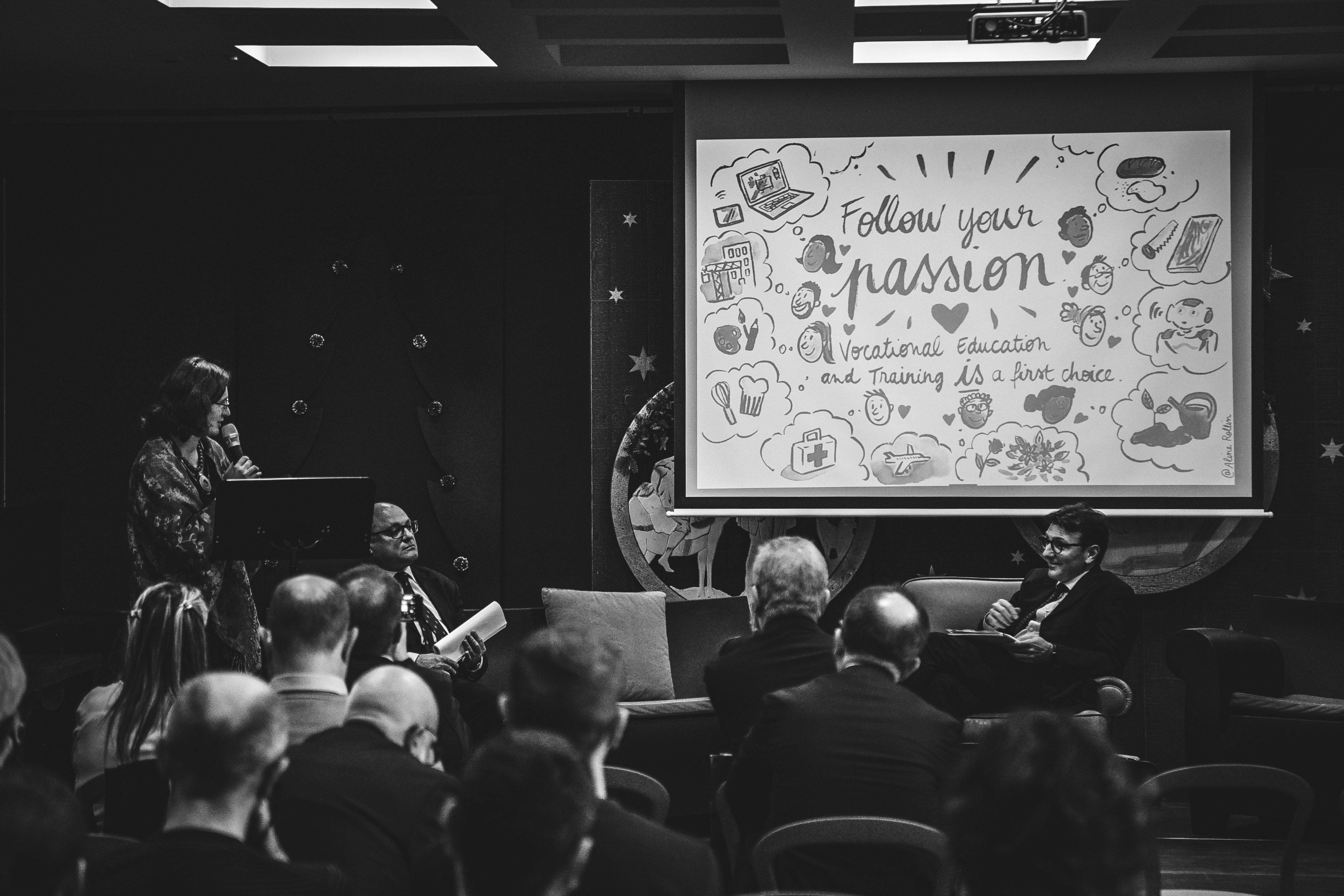Covid-19 crisis represents, with no doubt, a terrible threat to our health, social life and economic welfare. Notwithstanding this, as every problem, it can play an important role in stimulating our systemic and personal resilience. In this article, the experience of Cometa Formazione and IATH Academy has been described in terms of practices and actions to cope with this crisis, trying to still pursuing their model of “Inclusive Excellence”.
(Article published on the EfVET Magazine for Professionals – issue June/2020)
Potenziare i saperi della mente: i 5 ingredienti dell’ottica laboratoriale
Lo scorso 14 luglio, in chiusura del progetto NuovaMENTE, si è tenuto un webinar a cura del team di educatori de Il Manto per approfondire gli elementi essenziali dell’ottica laboratoriale e l’impatto vissuto nel corso del lockdown. In questo articolo a cura di Mercadante, Ferrario, Fucilli e Mangiacotti si presentano i contenuti principali emersi. Per chi volesse rivedere l’evento, è possibile seguirlo sulla canale Youtube di Cometa a questo link.
(si ringrazia il Fondo di Beneficenza di Intesa San Paolo)
Internazionalizzare per l’eccellenza: il caso di Cometa Formazione
I cambiamenti in atto a livello socio-demografico, economico, tecnologico sono davanti a tutti. E la velocità di questi cambiamenti è evidentemente esponenziale, favorita dall’interconnessione globale. Questa sfida, affascinante, non risparmia il mondo dell’educazione e formazione professionale, oggi chiamato a ripensare contenuti (conoscenze e competenze), metodi e luoghi dell’apprendimento non solo per gli studenti, ma anche per gli stessi formatori e lo staff[1]. Il cambio di paradigma vissuto a livello sociale rende ancora più urgente il cambio di paradigma dell’ecosistema educativo e formativo.
(paper pubblicato su Nuova Professionalità, n. 2 – Agosto 2020)
Inclusive Excellence in VET: the experience of Cometa Formazione
“We need to offer excellence to everyone, to all VET learners […] no one should be left behind. In short, education should be both excellent and inclusive” (Thyssen’s message to EfVET Conference 2018).
In the recent EU policy on VET, the paramount vocation “to leave no one behind” is clearly stated, by promoting a “whole-school approach” in education for sustainable development (EU Council Conclusions, 2010). The Bruges Communiqué (2010) mentions VET role in promoting social cohesion and facing societal challenges, underlining its dual objective: excellence and inclusion. Also the Riga Declarations (2015) claim to “quality and attractiveness of accessible and inclusive VET” by “more flexible and permeable systems”. The EU New Skills Agenda (2016) invites VET to work on “personal fulfilment and development, social inclusion, active citizenship and employment”, in line with the strategy of “a resilient, inclusive and sustainable growth at territorial level” (Communication Strengthening Innovation in Europe’s Regions, 2017).
(Article published on the EfVET Magazine for Professionals – issue March/2020).
La Scuola Possibile: il Liceo del Lavoro di Cometa per i dispersi
Oltre ai percorsi di tipo ordinamentale, all’interno del sistema standard regionale di IeFP, Cometa eroga fin dal 2005 diversi percorsi per supportare ragazzi in situazione di disagio, in dispersione scolastica, minori stranieri non accompagnati, spesso raccolti sotto la denominazione di “Liceo del Lavoro”, un modello unico in Italia per le sue caratteristiche. Tale modello di formazione è cresciuto e si è consolidato come eccellenza formativa, anche grazie al contributo decisivo da parte della Fondazione San Zeno, partner di Cometa dal 2013 per i percorsi di contrasto alla dispersione scolastica.
VET For Inclusion And Identity Development: The Cometa Approach With Young Migrants
Cometa, located in Como, Italy, provides services to minors and young adults and is serving an increasing number of migrants. These young migrants are vulnerable due to their marginalization in areas such as language, cultural differences, and class status, and they face potential risks in not being able to find meaningful employment. This research proposal reports on findings from a qualitative study whose main objective was to examine students’ (who are migrants) and staff members’ growth and development through their involvement in a one-year long training course entitled the “Minimaster”. The Minimaster’s success relies on (1) a mix of training on professional subjects, e.g., enology, labour law, and Italian and English language literacy; (2) socio-emotional learning, e.g., communication skills, relationship building with local entrepreneurs; and (3) a combination of didactic methodology, e.g., strong work-based approach, as well as daily coaching and mentoring.
(Co-authors: Paolo Nardi and Terry L. Koenig, University of Kansas, for the ECER Conference 2019)
La Formazione Professionale per l’occupabilità: un esempio di eccellenza
Il progetto “Go! Giovani e occupazione, professionalità innovative nei settori chiave del comasco” è un progetto realizzato da Cometa Formazione tra aprile e dicembre 2018. Il convegno finale si è tenuto lo scorso 10 dicembre; qui gli atti.
L’intervento è stato sostenuto dall’Unione Europea nell’ambito del POR FSE Lombardia 2014/2020 – Asse III – Azione 10.4.1 nell’ambito del programma “Lombardia Plus – Anno 2018”: un’iniziativa di Regione Lombardia che sostiene azioni di formazione finalizzate all’inserimento lavorativo di disoccupati e target sensibili nei settori produttivi caratteristici del settore produttivo lombardo e che presentano le migliori prospettive di crescita e occupazionali.
Learning Enterprise in HVET: the case of Stenden Hotel
On May 16th, the monthly Cometa UNEVOC Centre Seminar hosted Thulani Xhali, CEO at Stenden Hotel. Stenden Hotel is one of the best practices in Europe in terms of School-Enterprise approach: it is a company including not only a hotel, but also a restaurant, cafeteria, catering service and providing event management and facilities. Students of the NHL Stenden University, enrolled at EQF5-7, play a role in different activities, from operational to strategical, according to their academic level. For every academic year, competences have been outlined and matched with the specific activities carried out in the several departments of the learning company. The main pillars of the pedagogical and organizational model, the pros and cons and the main challenges have been discussed during the seminar. The presentation given by Thulani Xhali has been streamed in cooperation with IATH Academy and EfVET. The video is available here. Slides are available on request (paolo.nardi@puntocometa.org)
Inclusive Excellence in VET: towards Lifelong Employability
Inclusive Excellence is the distinctive element in Cometa learning approach, with highly positive results in terms of students job placement and personal development. These results have been recently awarded by UNESCO-UNEVOC which included Cometa in its international network. The official announcement, at the presence of the President of Lombardia, has been the trigger for an international conference on the future of VET organized by Cometa, EfVET, UNESCO-UNEVOC and VETNET (European network of researchers in VET).
Reality-Based Learning And The Oliver Twist School: Towards A New Approach In VET
Recent debate on VET, at both institutional and academic levels, points out the need for new approaches able to face the current and future challenges: (technical and social) innovation, attitude to lifelong learning, internationalization, literacy, among the others (Dato, 2017). A stronger partnership between the industrial and the educational systems is increasingly suggested (WEF, 2016). However, it is clear that rather than rooted only on work-based learning, the needed competences for the “unknown future” (Mulder, 2017) depend on new approaches able to stimulate in the students/apprentices a lifelong learning attitude (Pouliakas, 2017). This research, based on a case study analysis, aims at outlining the main elements of originality of a new approach called “reality-based learning” developed by Cometa Formazione-Oliver Twist School and measuring a set of KPIs to evaluate outcomes and social impacts of the approach. In this approach, both the professional training and the general education are integrated in a learning process based on involving students in the design and production of real products for real customers in school’s workshops. The analysis outlines mainly positive results in terms of human and relational growth; cultural and professional growth; school dropout reduction and public system savings; employment increase.
(Article by Paolo Nardi and, from Politecnico di Milano, Irene Bengo and Debora Caloni, presented at ECER 2018 and published on the Special Issue of IJRVET)

